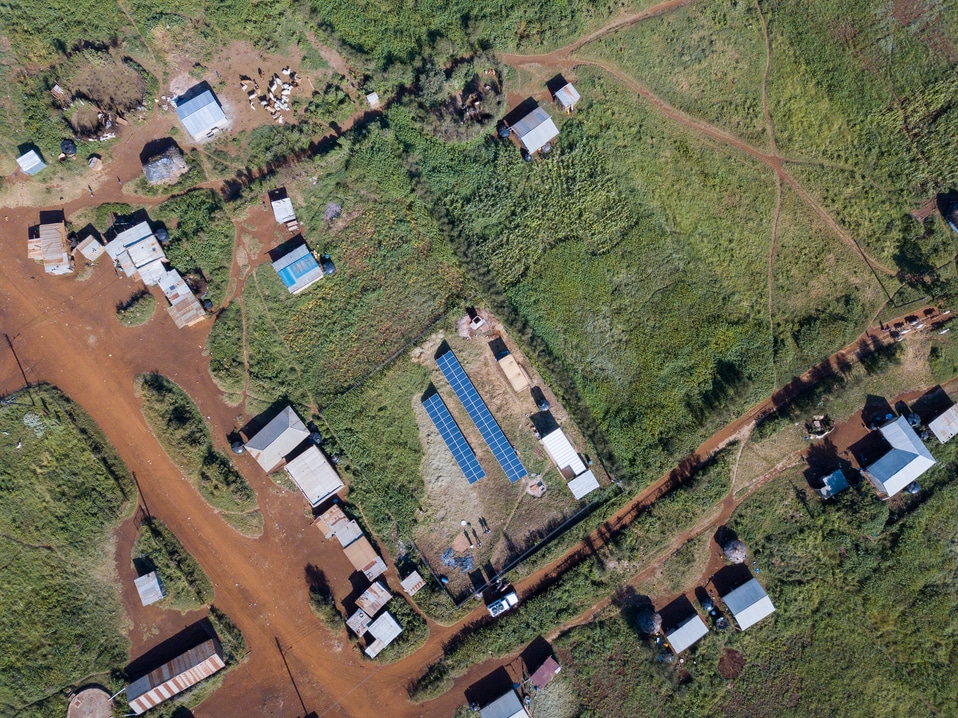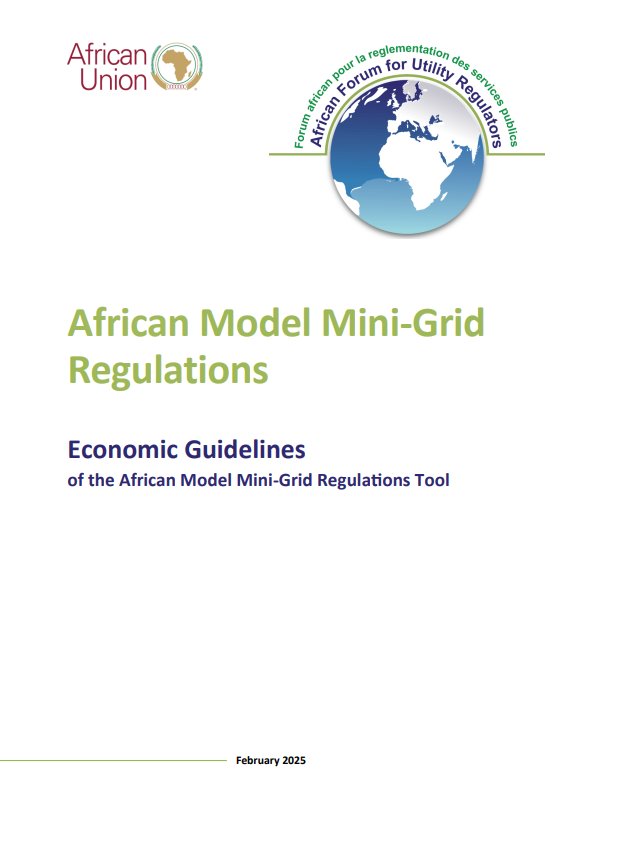The African Forum for Utility Regulators (AFUR) introduces a new set of Economic Guidelines to support the adoption of the African Model Mini-Grid Regulations Tool. The Tool and report were developed in partnership with GET.transform and offer regulators best practices for addressing common regulatory challenges. The tool and templates, soon to be launched by AFUR, will be adaptable across different jurisdictions, allowing decision-makers to tailor regulatory frameworks to their country-specific needs.
The now published Economic Guidelines equip policymakers and regulators with key regulatory principles on tariff-setting for mini-grids, drawing from international best practices.
By offering structured insights into tariff approaches and additional tariff considerations, the guidelines aim to create a sustainable regulatory environment that balances affordability for consumers with cost recovery for investors.
Rather than prescribing a single regulatory model, the Economic and previously published Legal and Technical Guidelines complement the interactive African Model Mini-Grid Regulations Tool. They address various business cases in the mini-grid sector and can be applied independently of the tool, making them a valuable resource for regulators shaping economic policies for decentralised energy solutions.
With mini-grids playing a crucial role in expanding energy access across Africa, these guidelines are expected to enhance regulatory clarity, foster private sector confidence, and accelerate mini-grid deployment.
Download the Guidelines in English or French from: afurnet.org



